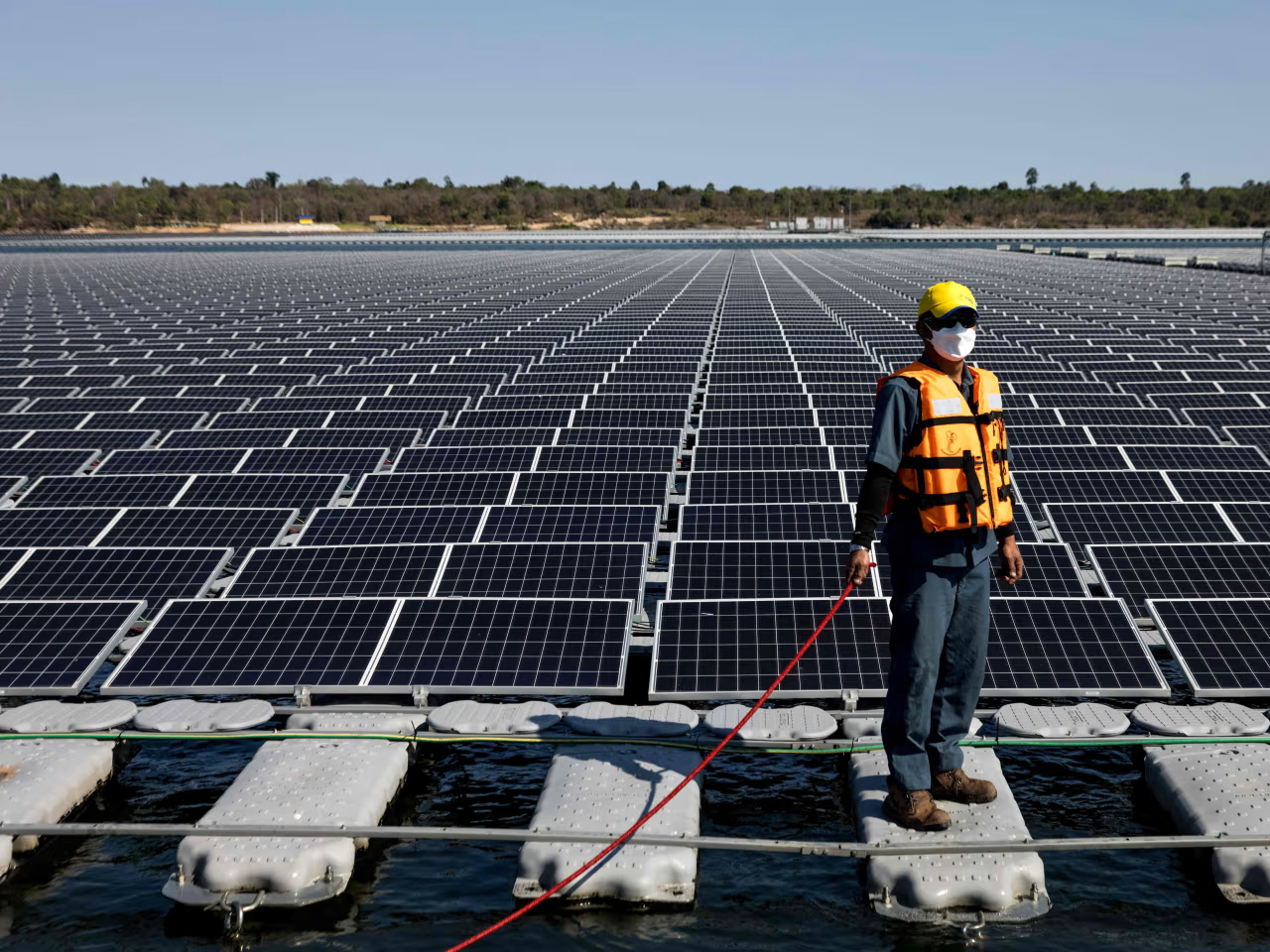The Managing Director of the Rural Electrification Agency (REA), Abba Aliyu, has stated that solar energy is Nigeria’s most economically viable power model. His comments come amid ongoing discussions about the country’s energy challenges and the need for sustainable solutions.
The Economic Benefits of Solar Energy
Aliyu emphasized that solar energy offers significant economic advantages for Nigeria. With abundant sunlight throughout the year, the country is well-positioned to harness solar power effectively. Unlike traditional energy sources, solar energy requires lower operational and maintenance costs, making it a cost-effective option for both urban and rural areas.
One of the key benefits of solar energy is its potential to reduce reliance on fossil fuels. This transition can help mitigate the environmental impacts associated with conventional energy sources, such as carbon emissions and pollution. By adopting solar technology, Nigeria can work towards a greener future while ensuring energy security.
Moreover, solar energy can stimulate job creation within the renewable energy sector. As more solar projects are developed, opportunities for skilled labor and technical training will arise. This growth can lead to economic empowerment for many Nigerians, particularly in rural communities where access to electricity is limited.
Solar Energy and Rural Electrification
In his remarks, Aliyu highlighted the role of solar energy in advancing rural electrification efforts. Many rural areas in Nigeria lack access to reliable electricity, hindering economic development and social progress. Solar solutions can provide a feasible means of delivering power to these underserved regions.
The REA has developed various initiatives to promote solar energy adoption across the country. These projects aim to provide affordable and sustainable energy solutions to rural communities. By implementing solar microgrids and home solar systems, the agency seeks to enhance the quality of life for millions of Nigerians.
Additionally, integrating solar energy into the national grid can diversify Nigeria’s energy mix. This diversification is crucial for ensuring a stable and resilient electricity supply. As the demand for energy continues to grow, solar power can play a vital role in meeting this need.
In conclusion, Abba Aliyu’s assertion that solar energy is Nigeria’s most economically viable power model underscores its potential to transform the country’s energy landscape. By capitalizing on its abundant solar resources, Nigeria can address its energy challenges while promoting economic growth and environmental sustainability. The future of energy in Nigeria looks promising, with solar power at the forefront of this transition.




